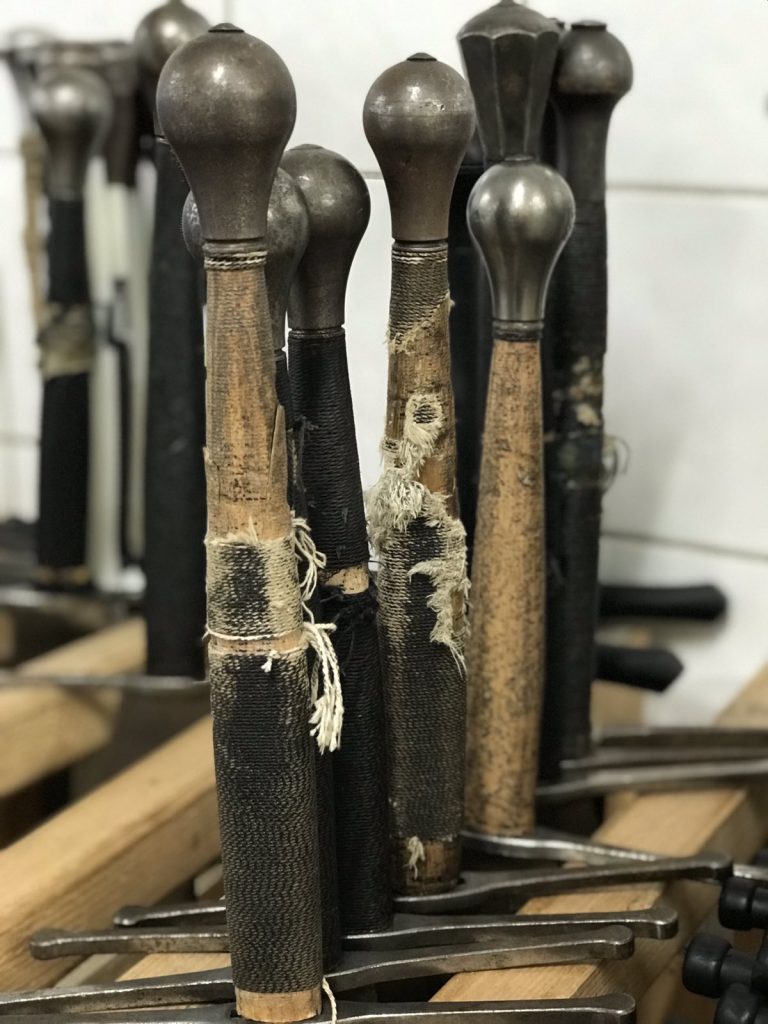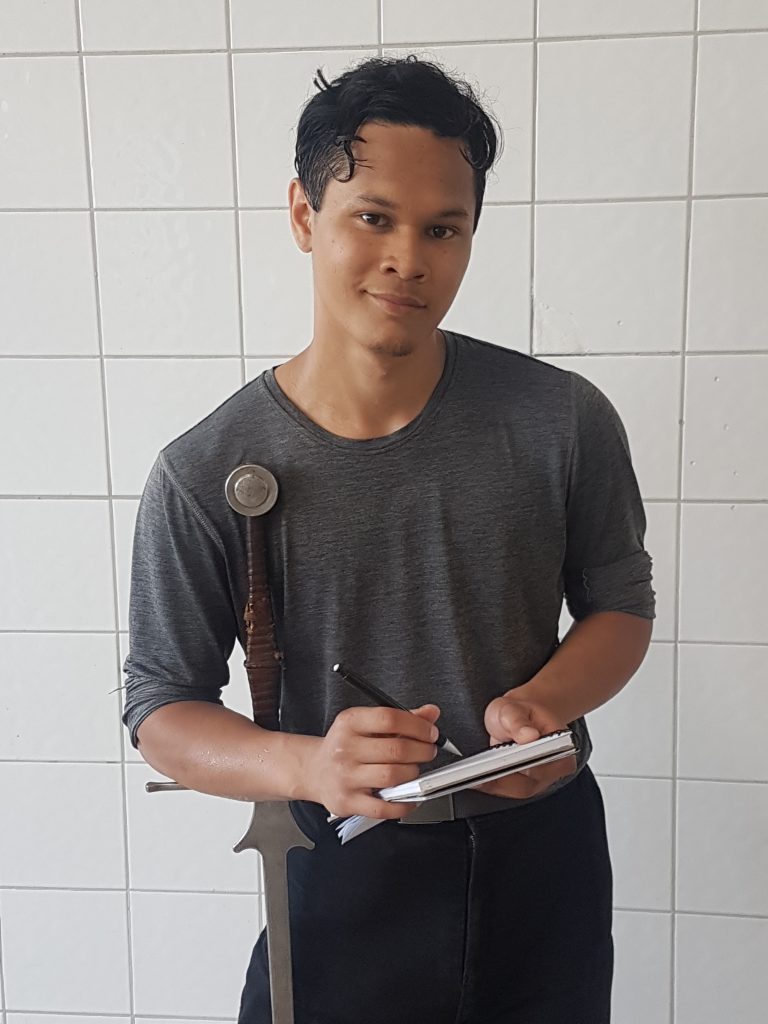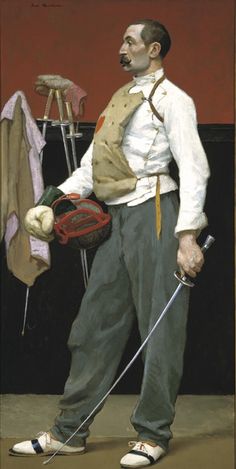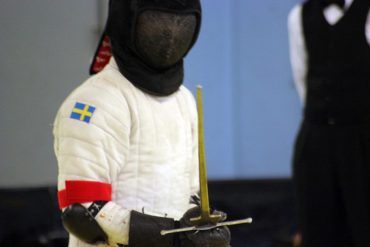
I am going to be so bold as to say that the best kind of music when fencing is the sound of steel ringing against steel. The clinging and clanging heard when they dance their duet creates an instrument more unique than any other. And it is through these instruments that we, the fencers, create a symphony that rivals the greatest pieces of music ever written.
But if our swords are our instruments, how do we tend to them in order to produce the finest melodies? And how does one play the sword as one would play the guitar, drum, fiddle, or lute?
As there are many musical genres so are there many ways of composing a musical piece from the violence of steel. Here I would like to suggest four ways of creating the most beautiful tunes with your swords:
Firstly, a great start is to maintain your blades. Rusted blades sing with a raspy tune that suppresses the angelic harmony of a clean sword. When rust is present, the long notes of blades sliding against one another becomes a witch’s throat that is about to gurgle and spit. When a clean blade engages in a bind the note becomes a choir that ends in an elegant pitch, and sometimes a heart-piercing thrust as well.
Now removing rust is an easy matter. Regular sanding paper for metal will usually do the trick. After working it against the blade and getting that clean finish, lubricate it with some oil to help preserve that shiny skin. Any rust-preventative lubricant should do the trick. Once your blades look nice and clean, and feel smooth against the hand, you will find that it sings more clearly. Both through the air and against an adversary.

Secondly, try and minimize the rattle between the blade, handle, pommel, and quillons. Although rattles can sometimes be an interesting addition to the overall composition, too much of it can sometimes overtake the harmony and become a nuisance. If the rattling is too great, then it can interfere with the blade’s vibration and therefore steal its voice. Being able to finetune the balance is therefore a must.
Addressing this issue can sometimes be difficult. Some swords have their pommel peened and hammered down against the handle, meaning you will not be able to tighten it unless you have access to the knowledge and tools to hammer it in place yourself. Other swords have their tangs threaded meaning the pommel screws on. This also means you will be able to tighten it yourself should it come loose. Nevertheless, if you can fix it, you should. When the sword is held together tightly it also saves your wrists from the vibrations, and you get a firmer and more comfortable sword to wield.
Thirdly, continuing the topic of stealing the blade’s voice. If you want the sword to be able to sing freely, then removing any rubber or other kinds of tips from the point of the blade will help drastically. The tips, like the rattling from loose parts, also interferes with the vibrations caused by two blades striking each other, and in some cases shuts down the entire song. While removing the rubber tips, or similar devices, may involve a slight safety risk, it is a risk worth taking in the pursuit of heavenly melodies.
So now that our instrument is in optimal condition, how do we play it?

My fourth and final advice is to inject passion into your fencing. Passion in HEMA comes from many different reasons and each sparks a feeling that is different to everyone. Some harness it through the experience of learning, discovering, or succeeding with a technique, a concept, or a theory that they have been yearning to pull off. Others find passion in simply practicing HEMA. Gearing up and gripping a blade is enough to send a jolt through their heart and create that tingly feeling in the chest that gets the body ready to fight. Sometimes passion simply sparks when getting to meet an old friend. Someone you have not seen for a long time, but when you step into the ring you feel your legs fly and once your blades connect you find yourself in a moment of sublimity.
It is in these moments that your mind will become aware of the harmonious nodes that emerge from your duel. It is here that you write the masterpiece that grips you by the heart and drags you away from whatever monotony or hardship you feel in life. Here you are reminded of the joy that is both an adrenaline fuelled rush of historical rediscovery, as well as an arduous journey of rigorous challenge for both body and mind.
Here you create your own song.
And with this knowledge I hope that you dear reader will get out there and create your own melodies that will captivate the audience with the clinging and clanging of steel.

About Alexander Olsson
Currently studying literature at the University of Umeå, Alexander found HEMA at the age of fifteen and then never turned back. Training for five years with Gothenburg Historical Fencing School, he later moved on to Umeå Historical Fencing School where he serves as the assistant longsword trainer. He has won a gold medal for longsword and one for sword and buckler, as well as the Swordfish technical longsword award. As an avid enjoyer of life’s simple pleasures, he likes fencing with good music, good camaraderie and staying true to GHFS’s old motto: “Hit them in the head, that’s where they’re dumb.”




